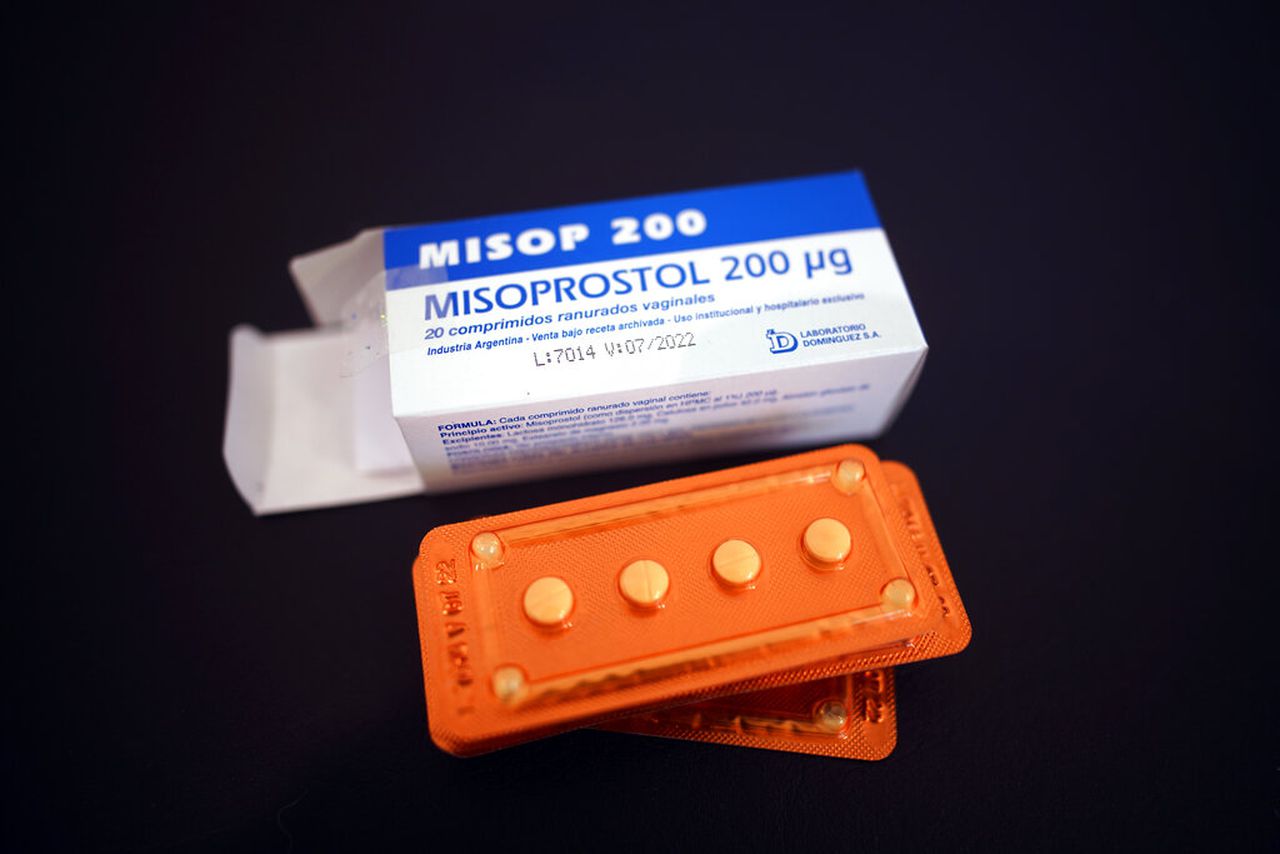Misoprostol-only abortion: Here’s what you need to know
As the wait continues for Judge Matthew Kacsmaryk’s ruling in a case that challenges the U.S. Food and Drug Administration’s approval process for mifepristone, one of the two drugs used in medication abortion, it seems there are two mainstream bits of advice: one, stock up on abortion pills while they’re available via online order, and two, get educated about misoprostol-only abortion.
Although using misoprostol without mifepristone is off-label and not approved by the FDA, OB-GYNs and abortion rights advocates are saying that it is, in fact, a safe way to induce an abortion. More importantly, abortion providers are coalescing around plans to offer misoprostol-only abortions if mifepristone suddenly becomes unavailable.
Planned Parenthood, Abortion on Demand, Aid Access, Carafem, Choix, Forward Midwifery, Hey Jane, and Just the Pill told Jezebel that they are preparing for such a scenario and would offer medication abortions with misoprostol alone if necessary.
Sign up for Reckon’s newsletters for more stories like this.
There is a difference between using mifepristone and misoprostol together versus using multiple doses of misoprostol alone. The two-drug regimen is slightly more effective, and, of course, that anyone would have to manage their abortion in a way that doesn’t feel 100 percent affirming to them is a violation of reproductive autonomy.
“Although the difference in efficacy between the two treatments is relatively small it is still real, and doctors don’t want to provide care that is less effective than we know that care can and should be,” says Dr. Kristyn Brandi, a Darney-Landy fellow with the American College of Obstetricians and Gynecologists. “Clinicians are worried about whether we will be able to make sure our patients get the medication they need, and that the medication does what it needs to do.”
This is, to be clear, not a new concept. Because misoprostol is widely available, given its multiple uses, and is generally cheaper than mifepristone, people have long managed their abortions using one drug instead of the two together. (Misoprostol is used in advance of some IUD insertions, to induce labor, and prevent postpartum hemorrhages.) The World Health Organization acknowledges misoprostol-only abortion in its Clinical Practice Handbook for Safe Abortion, though it does recommend follow-up care, given the slight difference in efficacy.
A 2019 study from ACOG using data from 42 studies that included nearly 13,000 evaluable women found that approximately 78 percent of those women had complete abortions using misoprostol and did not require other medical recourse. In more than 93 percent of cases, the pregnancy was terminated, even if there had to be some medical intervention to remove lingering tissue from the uterus.
